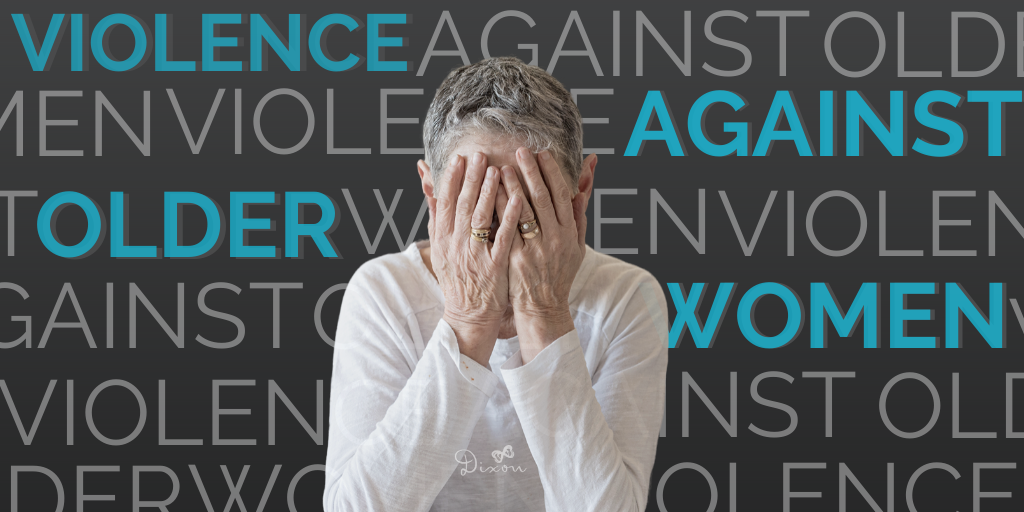
What do you imagine your retirement to be like? For some, retirement will involve travelling the world. For others, it might mean board game nights and sculpting classes at the local community centre. Regardless of how we imagine our retirement, we tend to imagine it as a safe and fulfilling period in our lives.
However, for many women, this is not the case. For them, retirement marks the beginning of a new or worsening cycle of abuse.
According to Statistics Canada, senior women have family violence experiences at rates 34% higher than senior men. Much of this discrepancy is due to spousal violence, with Statistics Canada finding that senior women experience spousal violence at a rate that is more than double that of men. For many women, intimate partner violence (IPV) starts or becomes worse in old age.
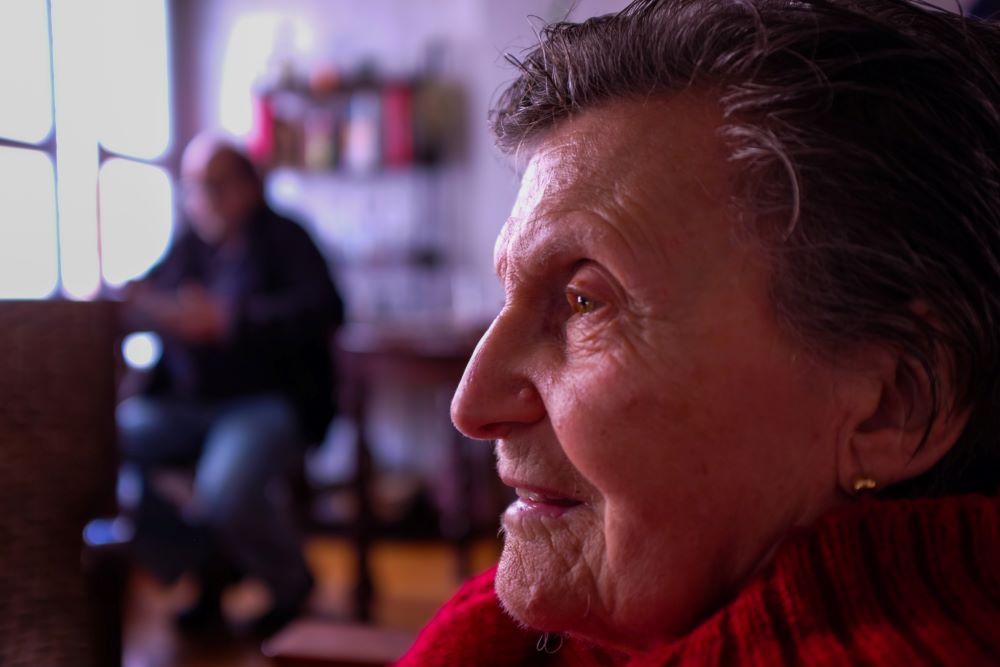
When older women experience violence, their experience occupies a sort of grey area between two social issues: elder abuse and violence against women.
According to Elder Abuse Prevention Ontario, cases of IPV amongst older couples are often seen as a subset of elder abuse. At times, notions of frailty and other ageist beliefs can compromise the responses of service providers. Consequently, it is important that conceptions of domestic and intimate partner violence be extended to older women.
Ageism in Canada
Whether we realize it or not, there is a socially-embedded belief that one’s value diminishes with age.
The Revera Report on Ageism found that 79% of Canadians agree that seniors are seen as less important. Further, 63% of seniors said that they have been treated unfairly or differently because of their age.
Ageism presents several challenges for older women experiencing domestic violence, especially when directed at oneself. Ageist beliefs might bring about abusive dynamics as some partners try to reclaim control in some aspects of their lives. Further, perceived ageism from service providers might discourage some women from seeking help.
Ageist biases are also present in academic and policy-making circles. The Canadian Network for the Prevention of Elder Abuse has noted that there is a distinct dearth in the research concerning older experiences of domestic violence. Consequently, ageist biases have the effect of erasing the experiences and specific needs of older women.
Unfortunately, this renders older women invisible in domestic violence discourse. However, what we do know about older women experiencing domestic violence is that their experiences are unique. Several contextual issues differentiate the experiences of older women from those of other women.
Shrinking social circles
Many older women experience a reduction in social networks as life goes on.
Children move out of the home. Loved ones their own age may be harder to keep in touch with, as they move to care homes, experience mobility issues, or even pass away.
Studies have indicated that the process of growing old is often accompanied by the losses of significant people. Losing loved ones can lead to loneliness and emotional dependence on whoever is left. Moreover, these losses and feelings may cause older women to lose hope and have dimmer expectations for the future.
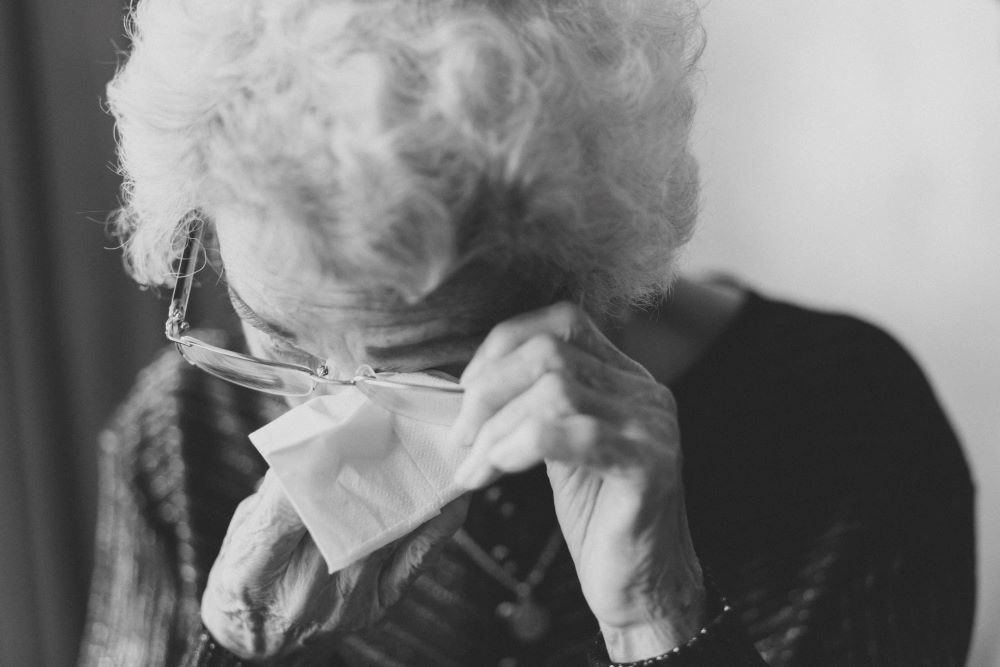
Older women also may have a deep investment in whatever familial and friendship networks they have, further complicating the situation. This is especially true for women whose exposure to violence started after retirement. These women might be hesitant to “ruin” others’ perceptions of their abusive spouse, especially when it comes to children and grandchildren.
Immigrant women who came to Canada at a later age may also have difficulty leaving abusive situations. Many might have limited yet valuable connections associated with their families that they don’t want to lose.
Physical and financial difficulties can go hand-in-hand
The ageing process can come with a lot of physical and financial challenges.
As we age, many of us experience chronic health and mobility issues. These long-term illnesses and disabilities can make women more vulnerable to abuse, or even dependent on their abuser.
Older women may be the sole caretaker for their partners or may even need a caretaker themselves.
Further, in the midst of the coronavirus pandemic, the difficulties around finding personal protective equipment can make leaving an abusive situation even more dangerous for women who are vulnerable to it.
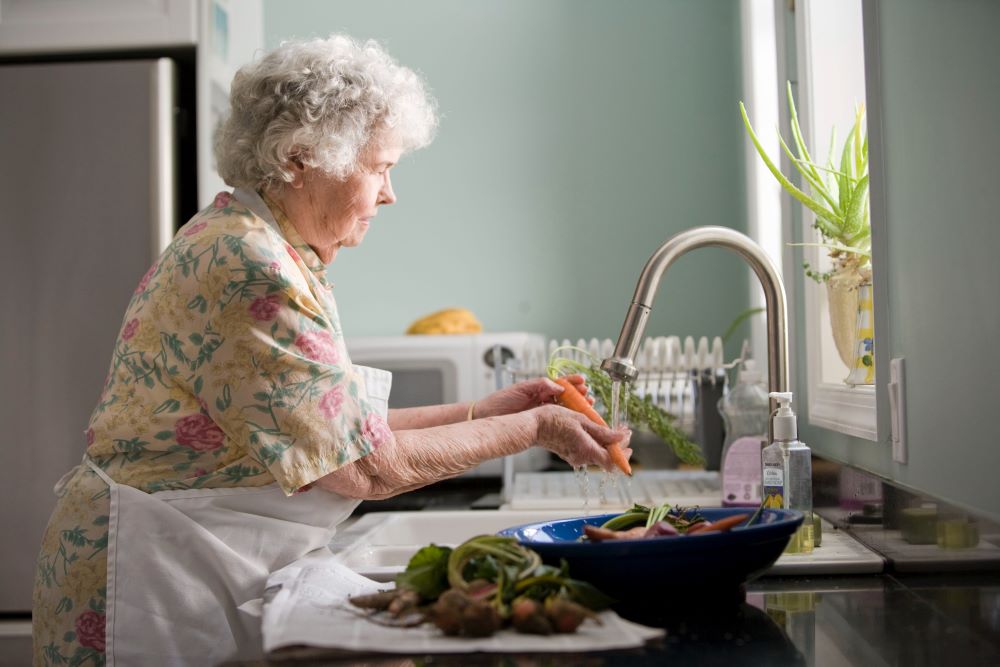
Many women live off a fixed income during their retirement. Finding ways to supplement that income may be difficult due to a myriad of reasons.
A woman’s health and/or mobility needs may make employment itself difficult. Caregiving responsibilities she may have may make finding time for a job impossible.
Even without these challenges, ageism in the labour market itself may make it difficult for women to find the money they need. Taken in combination, physical and financial restrictions can prevent women from leaving. These challenges make finding accessible, affordable housing difficult for women wanting to leave a relationship in which they experience abuse.
Ideas and information change across generations
Encouraging older women to seek help can be difficult, due to different generational attitudes.
Many older women have been socialized to think poorly of speaking of “family issues” outside of the family. These beliefs can make some hesitant to seek help. The definitions that older women have of domestic abuse and family violence can differ from what we typically identify today. This can make it harder for older women to identify the problem, especially if their abuse is not physical in nature.
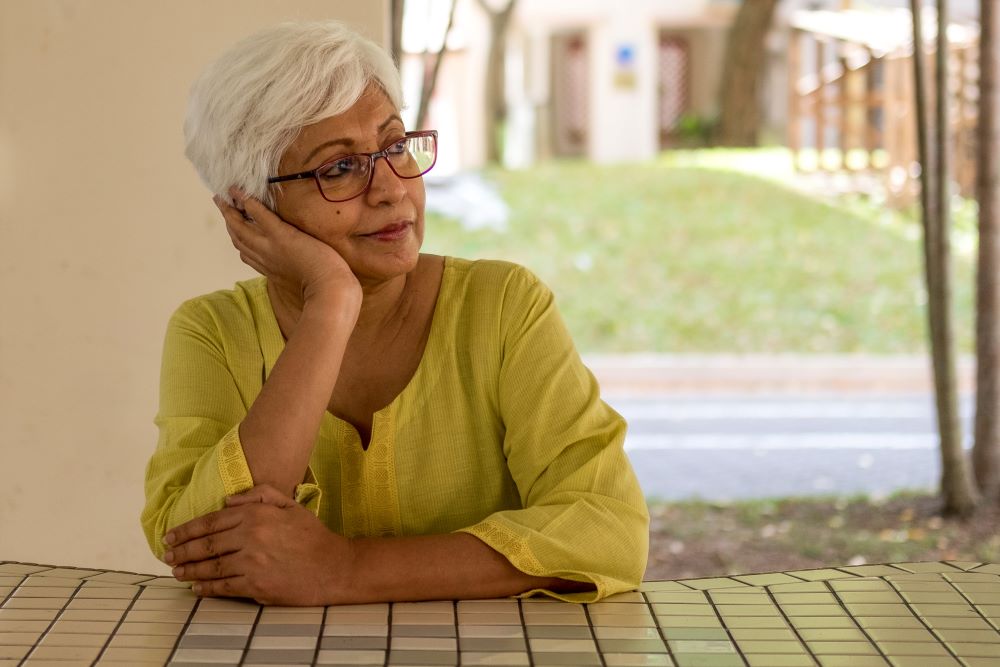
Further, like women of any age, older women may fear the potential consequences of coming forward. Some may have the belief that they may have to leave their home for a nursing home. Others might think that their decision-making rights may be compromised by service workers.
We can help
Because older women have unique experiences, they need specialized supports when leaving a domestic violence situation.
At Dixon, we tailor our response to the specific needs of each of our clients, supporting their needs on a one-on-one basis. Our non-judgmental, woman-centred approach aims to help women feel empowered to make the decisions that are best for them. This approach respects their autonomy, allowing us to offer support and resources along the way. If you are currently experiencing domestic violence, we are here to help and can be contacted 24/7 at 604-298-3454. If you are in immediate danger, please call 911.
